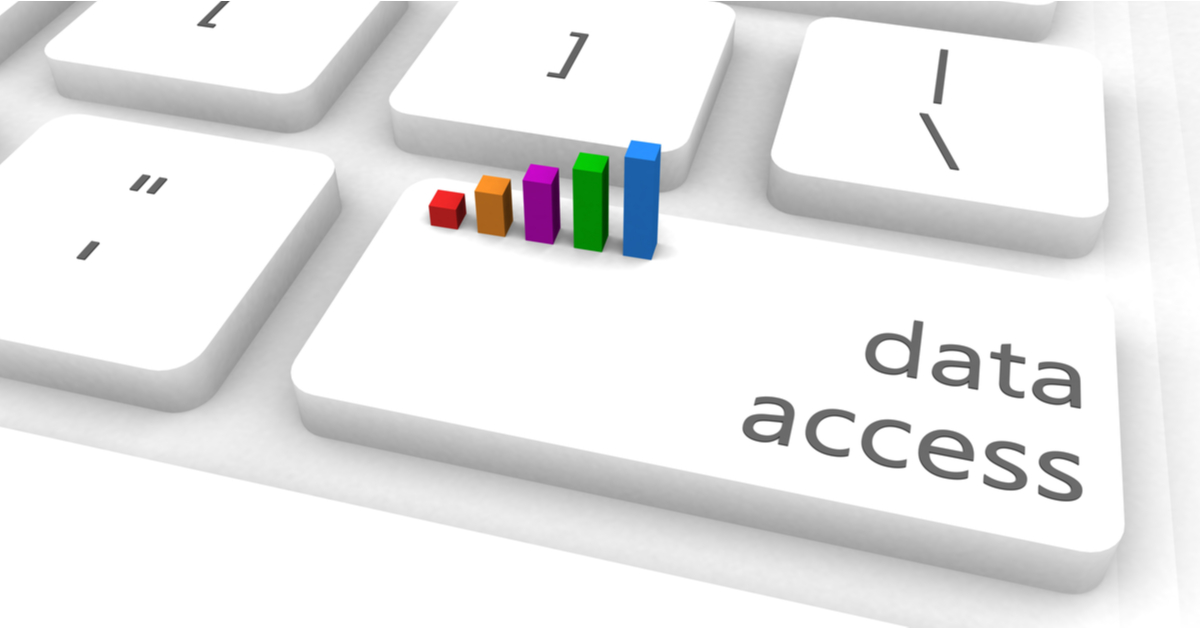
Geraldine Wildman, Data Licensing and Delivery Lead, British Geological Survey shares how the Geospatial Commission and its Partner Bodies have worked together to make data licensing and data itself more accessible.
Data licensing is a difficult subject to get excited about. It is quite often seen as something that has been put in place to block access or prevent users from doing what they want to do with the data. It can involve lengthy and sometimes impenetrable legal terms. And yet these are terms that we are legally bound to stick to. It is no wonder that data licensing has such a difficult reputation.
Data licensing is a legal process...
So, let us start with some basics. Data licensing is a legal process that enables holders of data to share their data with others, as long as they comply with certain terms and conditions. Even open data is delivered under a licence.
There are a number of reasons why we might want to set terms and conditions on a licence. Maybe there is some third-party content to protect. Maybe there are security concerns so the use of the data needs to be restricted, or caveats around the provenance of the data, or its capabilities that need to be drawn to the attention of end-users. Or maybe there is some personal data included and the data owner needs to make sure that whoever uses it has the right to access it, and complies with data protection legislation. A licence in these circumstances enables publishers to protect and share their data responsibly, rather than lock it away and refuse access.
Maybe we need to change the term from something that sounds officious to something helpful like ‘data sharing’. Because that is what we want a licence to be. Something that helps us share data, that maximises use. Not something that blocks access.
Licensing through a different lens...
Under the Geospatial Commission’s Data Improvement Programme, five of the Geo6 partner bodies - British Geological Survey, Coal Authority, HM Land Registry, Ordnance Survey and UK Hydrographic Office - have been working towards the concept of data sharing and have been looking at the licensing process through a different lens. Through that of the person trying to access the data.
We have spoken to a number of users, run surveys and held workshops that delve a bit deeper into the user’s perspective on the licensing process. As a result, we are putting a number of things in place to make the users’ licensing journey easier and hopefully increase data sharing:
- Plain English summaries - We know that as legal documents, the licences themselves can be difficult to read, and are often shared with legal teams for their review and ultimate approval. This can result in a ‘licensing literacy gap’ between the legal teams that review and sign the licence and the data teams that actually use the data. To help with this, we are changing our approach to include a summary of the terms of use in a ‘Plain English’ format, followed by the legal text on many of our common licences.
- Better supporting guidance - Alongside the licences, we have drafted some ‘licensing guidance’ for data users. This includes FAQs, summaries of some common licences, and a checklist of things data users should consider or ask their legal teams before they start using the data.
- Harmonised licences - We are also looking to harmonise licence terms wherever we can, so that a user can see familiar terms, and be reassured that the terms of use are broadly the same, regardless of who they take the data from. This is a significant piece of work, which started with the Data Exploration Licence and is still ongoing.
Striving to make accessing data simpler and quicker
From lessons learnt from the Data Improvement Programme, a new Data Exploration Licence (DEL) was produced to harmonise and simplify the access and use of geospatial data held by our Partner Bodies. This allows anyone to freely access data for research, development and innovation purposes.
The benefits of the licence were seen by the National Archives who built on the work of the DEL and went on to adapt it to replace their current developer licence. Developer Licence 2.0 supports the mission of the UK Geospatial Strategy to make data more accessible and to encourage re-use, under the UK Government Licensing Framework (UKGLF) and offers the potential to unlock the significant economic opportunities offered by geospatial data.
We are on a journey, and admittedly we are not there yet. Changing something as long-standing and legally complicated as licensing takes time, but everything we have worked on so far has laid the foundations for us to continue to push at the barriers, and make accessing our data simpler and quicker. Over the next year, we hope to roll out more harmonised licences, to keep working together and to keep striving to make things better.
Sign up to this blog to get an email notification every time we publish a new blog post. For more information about this and other news see our website, or follow us on Twitter and LinkedIn.